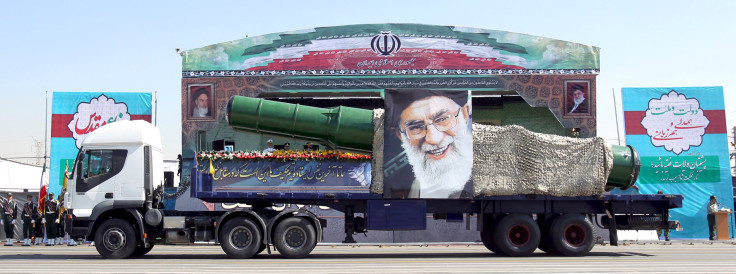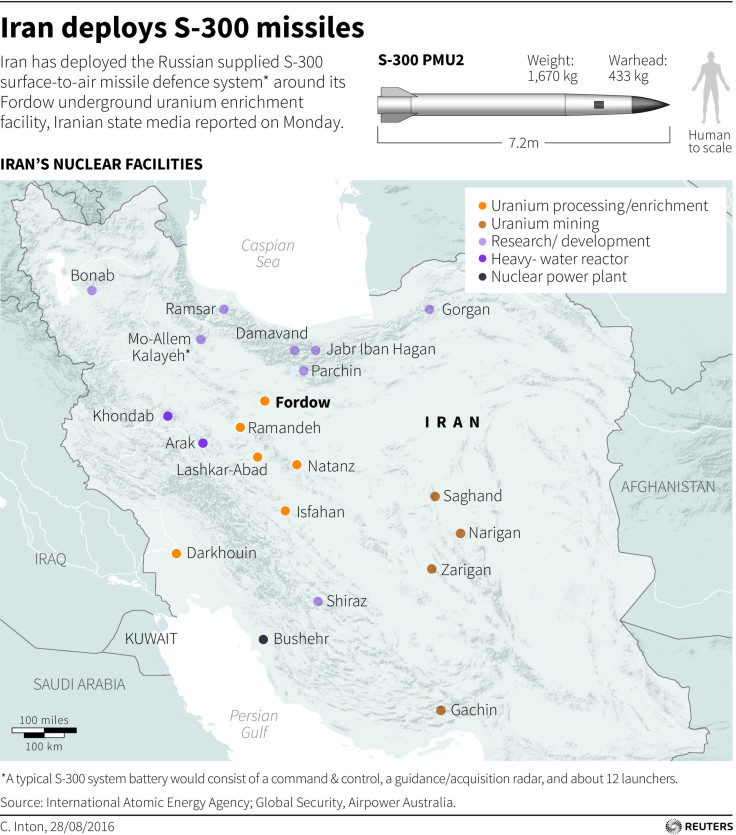Russia And Iran Talk $10 Billion Arms Deal, Moscow To Send Tanks, Planes And Missiles To Tehran

Russian media reported Monday that Moscow and Tehran are negotiating an arms deal worth about $10 billion through which Russia would send a massive supply of military equipment to its Middle Eastern ally.
The deal reportedly includes T-90 tanks, artillery systems, planes and helicopters. Talks regarding the agreement were taking place during a parliamentary visit, RIA News Agency reported Viktor Ozerov, defense and security committee chief in the upper house of the Russian parliament, as saying. The deal reportedly does not involve one single shipment, but a number of deliveries over the coming years.
The report also noted that the content of the delivery necessitated permission from the U.N. Security Council in order to be carried out. The so-called Joint Comprehensive Plan of Action, signed in July 2015 and effective January of this year, mandates that the sale of any offensive weapon systems to Iran before October 2020 must first be approved by the international body. Russia has not yet submitted a formal request, but officials have said they will respect the resolution if the U.S. or European nations block the move.
Last month, Russia supplied Iran with missiles intended for an S-300 surface-to-air defense system. Russia had previously imposed a ban on the sale of military supplies to Iran in 2010, but lifted the restrictions in April 2015 following the international interim agreement that preceded last July's nuclear deal. Ozerov confirmed that the system would be operational by the end of the year.
Russia and Iran often support one another to counter Western influence, especially from the U.S. The two nations' militaries are currently active in Syria where they support President Bashar al-Assad against Western-backed rebel organizations and the Islamic State group. Russia has collaborated extensively with the Iranian-supported, Lebanese-based Hezbollah, a powerful and influential paramilitary movement. In August, Iran allowed Russia to use its Shahid Nojeh Air Base, also known as Hamadan Air Base, to conduct operations in Syria.

© Copyright IBTimes 2025. All rights reserved.






















